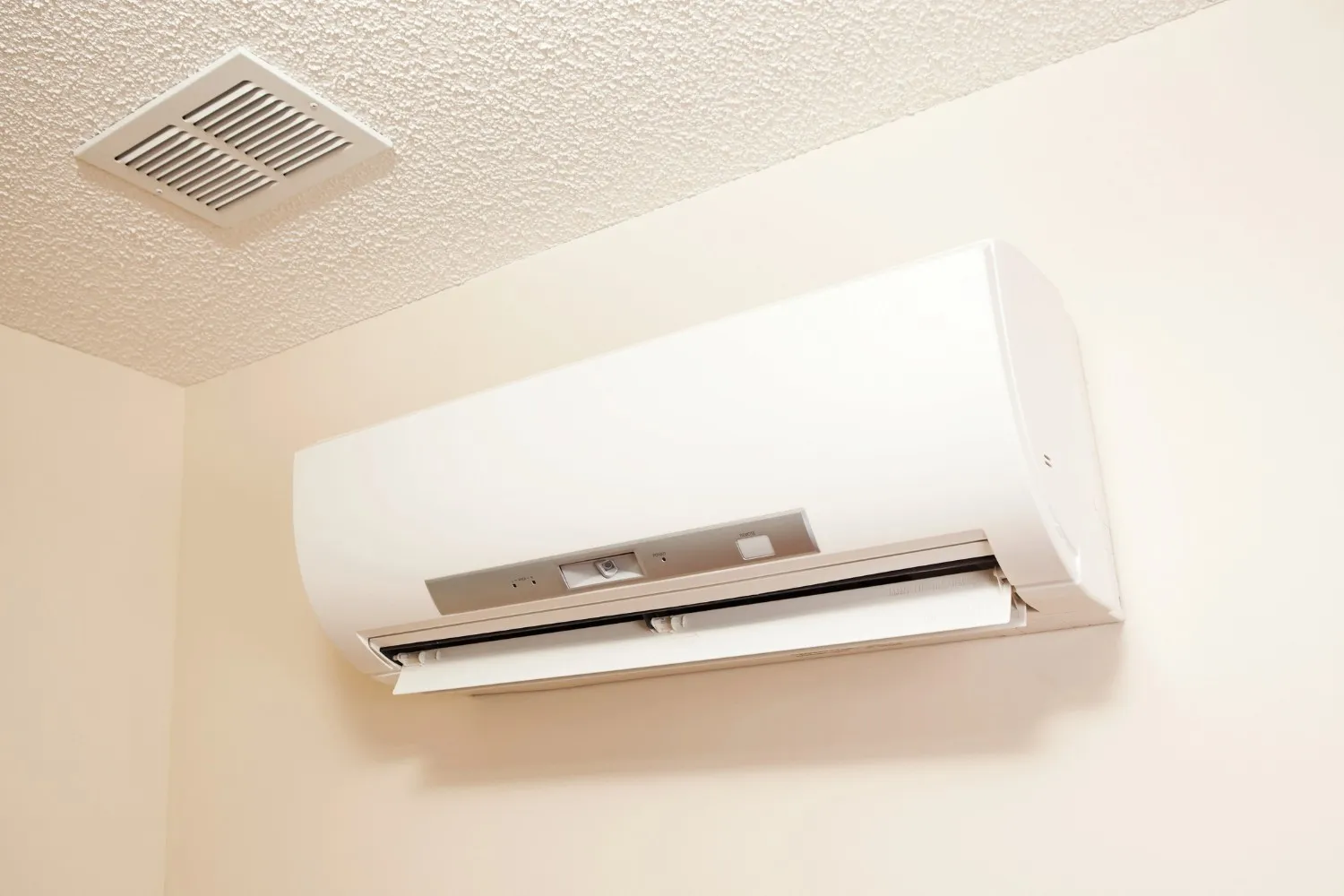Mini Split Installation in Brookline, PA

Local Expertise and Dedicated Service
As a locally owned and licensed HVAC provider, we understand Brookline’s unique climate needs and municipal requirements. Every installation complies with Allegheny County building codes and takes full advantage of available utility rebates and state energy-efficiency incentives. Our “once and done” commitment ensures you receive reliable outcomes the first time, backed by ongoing support.

Brookline Site Assessment and Permit Guidance
A precise site survey forms the foundation of every mini-split installation. During our assessment, we evaluate:
- Home orientation, insulation levels, and sun exposure
- Interior layout to determine ideal indoor-unit placement for balanced airflow
- Outdoor condenser location for optimal clearance, noise control, and aesthetics
- Existing electrical capacity and any panel upgrades needed
- Permit requirements specific to Brookline, PA, and guidance on applying for utility rebates
This tailored approach guarantees system sizing that meets your comfort goals while maximizing energy performance and complying with local regulations.
Step-by-Step Installation Process
- Detailed Proposal and Equipment Selection: Our team reviews the site survey data and proposes single- or multi-zone mini-split options from leading brands, matching unit capacities to each room’s heating and cooling load.
- Permit Submission and Scheduling: We handle all permit applications and coordinate inspections, ensuring a smooth process. Installation dates are confirmed once approvals are in place.
- Electrical and Mounting Preparation: Licensed electricians install the dedicated circuit and disconnect box for the outdoor condenser. Mounting brackets are secured on exterior walls at code-compliant heights.
- Refrigerant Lines, Drainage, and Wiring: Refrigerant tubing, condensate drain lines, and low-voltage control cables are routed through a single wall penetration, neatly sealed and weather-proofed.
- Outdoor Unit Placement: The condenser is leveled on anti-vibration pads or a stand, with proper clearances maintained for airflow and service access.
- System Charging and Testing: We evacuate the refrigerant lines, charge the system to manufacturer specifications, and verify refrigerant pressure, amperage draw, and proper refrigerant flow.
- User Orientation and Documentation: Each homeowner receives a hands-on walkthrough of system controls, maintenance recommendations, and warranty details.
Equipment Selection and Financing Options
Choose from top-tier manufacturers—such as Mitsubishi, LG, and Carrier—to match performance, features, and budget. Our team provides transparent pricing proposals that outline equipment costs, installation fees, and financing options to suit your needs. We work with local lenders to offer flexible plans and help with utility rebate applications, ensuring a streamlined investment in long-term comfort and efficiency.
Benefits of Professional Installation
- Energy Efficiency: Duct losses account for up to 30% of heating and cooling energy in homes with leaky ducts. Ductless mini-splits deliver conditioned air directly, reducing energy waste.
- Zone-by-Zone Control: Individual thermostatic control in each room allows personalized comfort and lowers utility bills by only conditioning occupied spaces.
- Quiet Operation: Modern inverter-driven compressors run at lower speeds, significantly reducing noise compared to window units or central systems.
- Improved Indoor Air Quality: Multi-stage filtration in premium units captures dust, pollen, and contaminants.
- Minimal Disruption: Wall-mounted heads and compact outdoor units eliminate the need for extensive ductwork, preserving finished spaces.
- Year-Round Comfort: Many mini-splits offer high-efficiency heating down to single-digit temperatures, extending beyond traditional heat pump limits.
Pros and Cons of Mini Splits versus Traditional Systems
Pros:
- No ductwork required, preserving home aesthetics and indoor air quality
- Individual room zoning for tailored comfort and reduced energy use
- Faster installation timelines, often completed in a single day
Cons:
- Higher upfront equipment cost compared to window units
- Multiple indoor units may affect interior decor if not properly located
- Outdoor condenser may require its own maintenance clearance


Schedule Service Today!
Contact us to schedule or request an estimate on installation and replacements!


We are here to help. A person on our team will text you back! 🙌





















.avif)


